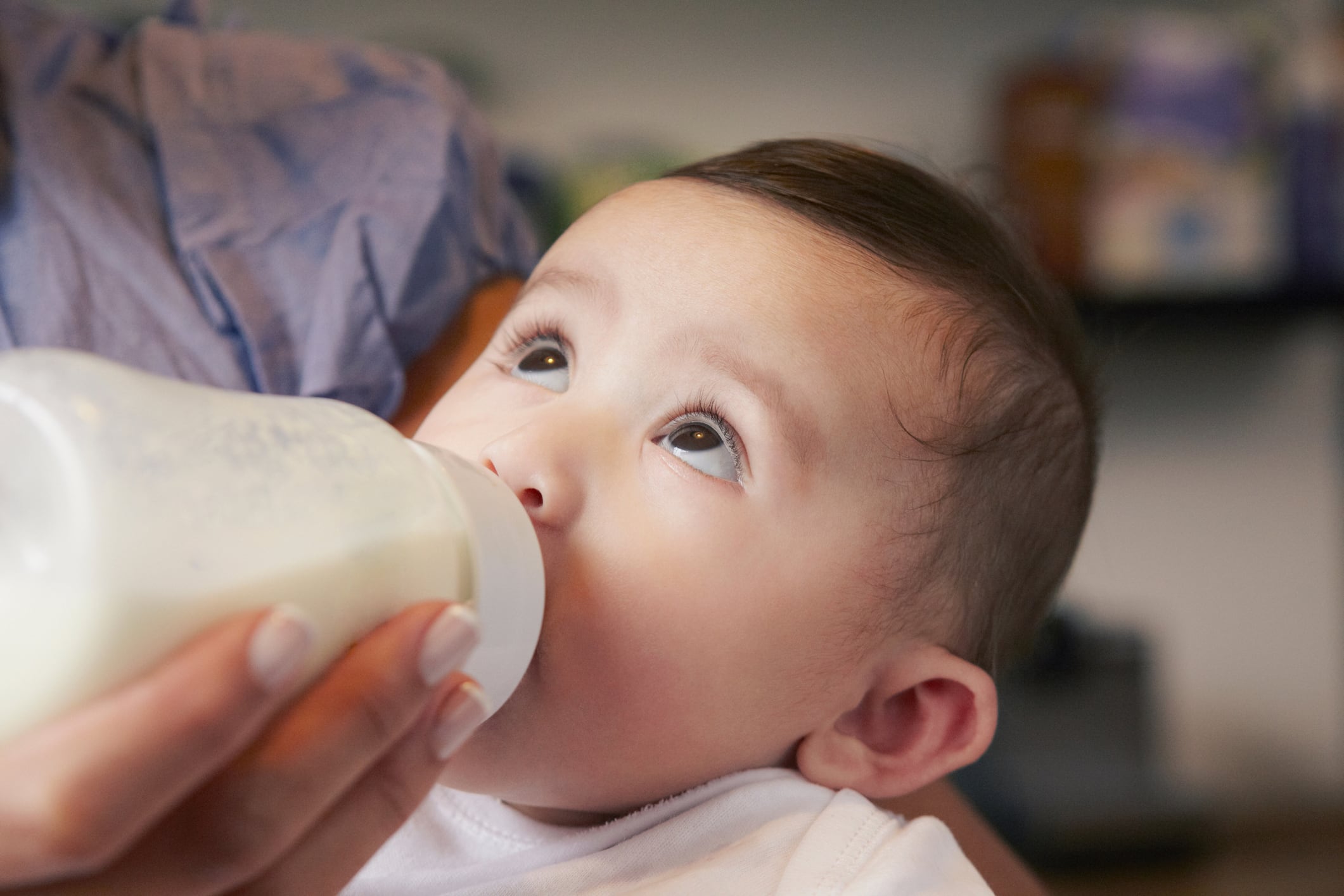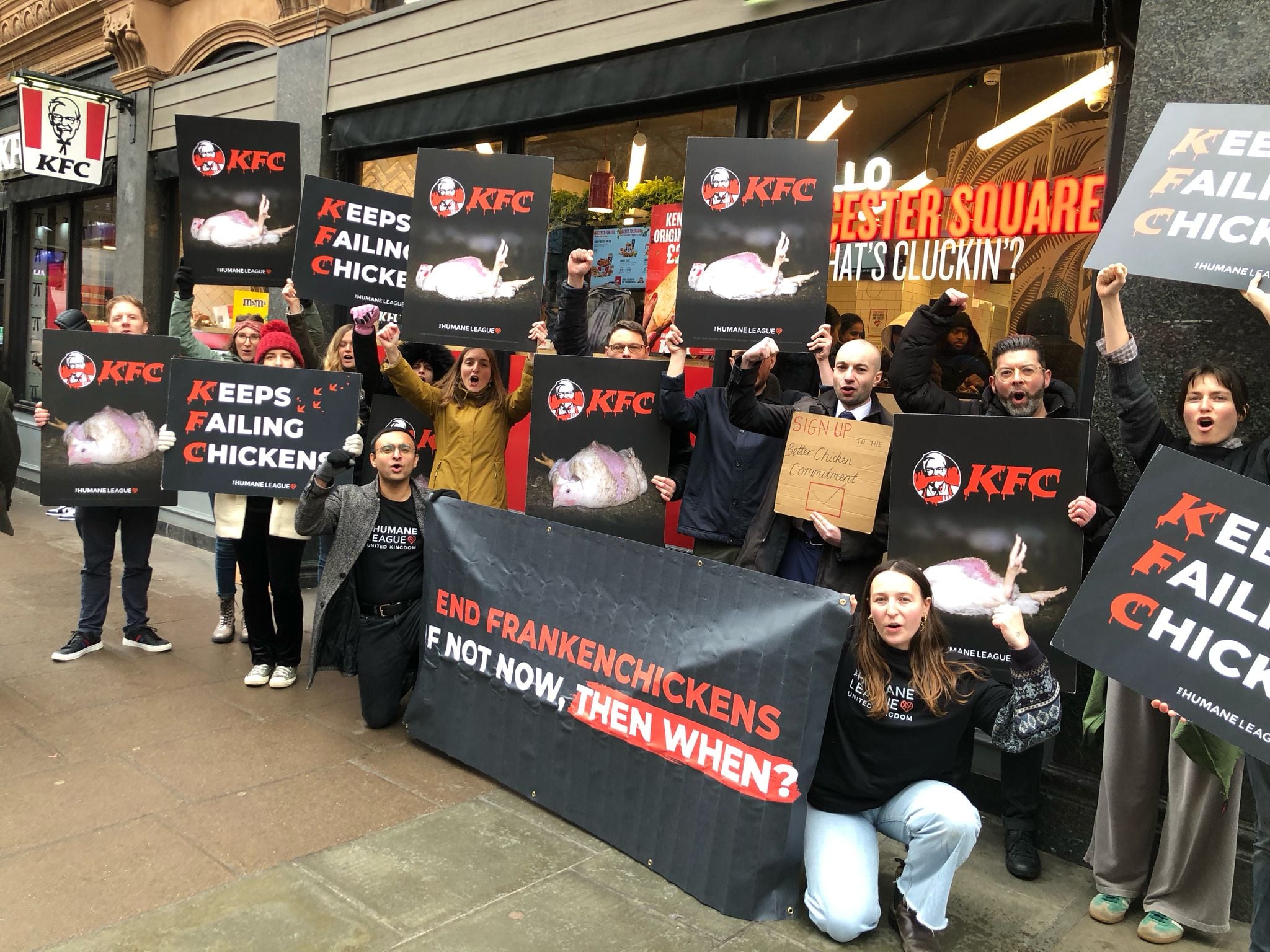The UK watchdog has set out several recommendations to deliver better outcomes for parents who need to use infant formula, both in terms of access to clearer information and price.
What promoted the CMA infant formula review?
During its market study, which was launched in February 2024, the CMA found that the infant formula market is highly concentrated with just three firms accounting for more than 90% of supply. It also found that in the last two years, infant formula prices in the UK have risen between 18-36%, depending on the brand.
Advertising and labelling of infant formula is strictly regulated. For example, advertisement and promotion, including price reductions or deals, is restricted so not to discourage breastfeeding.
But for those who need to use infant formula, the cost pressure and confusion has been intense.
An annual £300 saving
As Sarah Cardell, chief executive of CMA explained, parents often pick baby formula “at a vulnerable moment, based on incomplete information, often believing that higher prices mean better quality. This is despite NHS advice stating that all brands will meet your baby’s nutritional needs, regardless of brand or price”.
And according to the study, it’s parents on lower incomes who are more likely to formula feed and therefore be most impacted by pricing.
While some government support is available to those eligible, most infant formulas exceed the weekly value of benefits available through schemes such as the Healthy Start and Best Start Food. This can lead to parents foregoing food in order to provide for their babies.
However, CMA found that if parents switched brands from a popular mid-priced product to a low-price brand, they could save around £300 a year.
Among those to submit evidence to the CMA was the IBFAN – the International Baby Food Action Network.
Commenting on its submission to the CMA, Patti Rundall, member of IBFAN’s global council said it offered evidence that “highlighted the idealising claims and names used to promote optional ingredients with claims such as ‘human milk oligosaccharides (HMO) that falsely imply similarity with breastmilk”.
Rundall continued: “The fact is, if an ingredient is proven to be safe and necessary for child health, through rigorous independent and credible science, it should be mandatory in all formulas and added to the essential ingredient list. The supermarket shelf is not the place to make difficult decisions that could fundamentally affect children’s health and development.”
A price cap on formula?
While Unicef has welcomed CMA’s suggestions, it has said government needs to go one step further to help families with ‘unafforable’ formulas.
“To help protect the most vulnerable babies, we would like to see the recommendations to Government go even further to include a price cap on infant formula which we believe [this] is essential to protect families in the long term from unjustified price increases,” said Unicef’s UK baby friendly initiative programme director, Shereen Fisher.
“This action would provide a robust and sustainable solution for families struggling to afford infant formula and provide equitable, effective and long-term relief.”
The CMA had been looking at a price cap but decided against it, stating that such a move would “involve significant risks” and potentially drive-up prices of already much cheaper formula.
It added that a cap would be hard to roll out, but it could be an option to review in future if its current suggestions did not manage to successfully lower prices.
Unbranded NHS formula
One of the key marketing tactics CMA identified to gain parents’ trust is brands regularly supplying the NHS with below-cost formula. This early association with the hospital cements an ideology in parents’ minds that that formula is ‘the best’, with some then opting for it regardless of its potentially higher price tag.
As such, one of the proposals shared by the CMA is for the roll out of standardised packaging within the NHS so it’s not seen to be indirectly promoted one brand over another.
Dr Vicky Sibson of first steps Nutrition trust described the recommendation as “a game-changer” that would protect families “from companies’ attempts to manipulate them into buying their expensive premium products from birth”.
Follow-on formula advertising ban
Alongside standardised packaging in hospital, the CMA is also recommending the ban on advertising is extended to include follow-on formula.
IBFAN has applauded the notion: “The proposal to ban Follow-on Formula advertising for babies 6-12 months is especially welcome and important. Follow-up formulas were deliberately invented by the baby food industry to get round the marketing restrictions of the International Code of Marketing of Breastmilk Substitutes, the first global consumer protection tool, adopted in 1981 by the World Health Assembly, the world’s highest health policy setting body. This Code, partially in law in 144 countries, and has saved millions of children’s lives and safeguarded the optimal health of millions more,” IBFAN said in a statement.
“Companies keep expanding the commercial formula range, targeting children with these ultra-processed products that contain artificial, industrially modified, hydrolysed ingredients that fuel the obesity epidemic and add to the environmental burden. The CMA highlights how many are cross promoted with infant formula for newborn babies. Countless WHA Resolutions have called for their promotion to be prohibited to protect all children, however they are fed.”
Clearer information, price comparisons and discounts
Other recommendations from the CMA include:
- Information in healthcare and retail settings on formula nutritional sufficiency to be made clearer
- Make it easier to compare prices of different brands
- Let parents use vouchers and loyalty points to buy infant formula
“Our proposals are designed to help parents make the best choices for them and their babies, with access to better information, while sharpening the effectiveness of the existing rules,” Cardell continued.
“Our proposals will also make it easier for regulations to be properly enforced, while ensuring manufacturers and retailers can be more confident in what they can and can’t do according to law.”
“There are many benefits of breastfeeding but for those families that cannot or choose not to breastfeed, it is vital that they can access formula that is affordable and high quality. Families should not be paying over the odds to feed their babies because of outdated regulation,” added public health minister Ashley Dalton.





